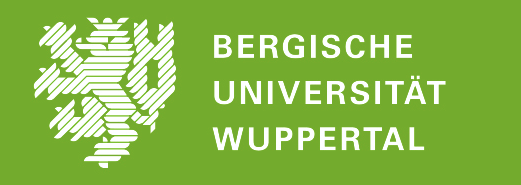The DFG Research Training Group 2696 “Transformations of Science and Technology since 1800” is a research collaboration of the Interdisciplinary Center for Science and Technology Studies at the Bergische Universität Wuppertal. We explore the dynamics of continuities and change in science and technology from an interdisciplinary perspective, including historical, philosophical, and sociological approaches.
Analyses of the development of science and technology have long been dominated by the idea that the creation of new knowledge is essentially to be equated with the formulation and improvement of theories within academic disciplines. The focus was on theory dynamics. More recent approaches, however, emphasize how the production of knowledge by experiments can have an institutional life of its own, in particular that empirical science is organized in experimental systems. This stresses the importance of the material conditions for the creation of the new, such as workshops, laboratories and research and development departments. Science and Technology Studies have explored the social construction of technology, knowledge, and science and their situatedness in power relations. They placed the co-production of social and scientific/technical order and an understanding of science as practice at the centre of the analysis.
The debate about transformations in science and technology is ongoing. While the oftentimes limited perspectives of current approaches may seem plausible by themselves, they do not do justice to the complexity of the development as a whole. The Research Training Group takes this observation as a starting point to develop a comprehensive view of the dynamics of science and technology. The proposed analytical framework is multi-layered and gradual. Established terms such as evolution, revolution, stagnancy, and continuity, in particular assertions of extreme forms of transformation, are integrated into a multi-dimensional picture. We aim to examine the extent to which diagnoses of transformations are themselves constructions that shape a certain view of historical reality.
The notion of transformation is newly accentuated by referring to three fundamental dimensions: topics, processes, and institutions. For the development of science and technology, these are equally relevant and can be understood in the confines of their historical interdependences and preconditions. The detailed analysis of transformation in a particular dimension is situated in the framework of historical institutionalism and relies on the three concepts of displacement, layering and drift. This analytical toolkit is to be used in interdisciplinary studies, partly located in disciplines – mathematics (descriptive geometry and polytechnic institutes, structural mathematics), physics (string theory, standard model of elementary particle physics), earth science, research on crisis and violence – partly working on overarching questions (university profiles in research and teaching, historical writing on science and technology, feminist standpoint theories and their normative consequences).
For more information please have a look at our research programme.



